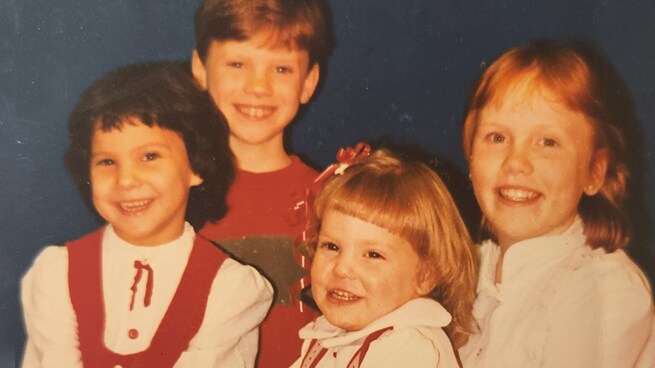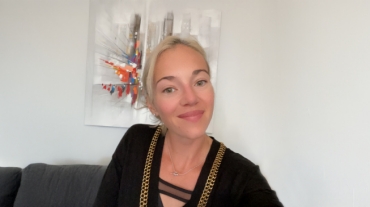It wasn’t until I moved to Toronto that I was introduced to Indigenous culture during a Pow Wow: a sacred gathering of several generations of Indigenous people with the purpose of dancing, singing and honoring the traditions of their ancestors. It was there I felt an instant and overwhelming sense of belonging. I had found my people.
From that time forward, I’ve been making my best efforts to be involved in the community and learn about Indigenous culture and traditions. For example, I volunteered for the Southern Ontario Aboriginal Diabetes Initiative, which travels to Indigenous communities to share information around diabetes and get exercise through breakdancing.
At PwC Canada, I volunteer with our Indigenous Inclusion Network (IIN), and this has been an amazing opportunity to meet other Indigenous people and allies. I’ve become so passionate about being part of PwC Canada’s path towards reconciliation and helping our organization take that journey side by side with the IIN. From this year’s Indigenous History Month events to the launch of the Four Seasons of Reconciliation firm-wide, mandatory training, I’m proud to be part of these defining moments for the firm and help foster a culture of belonging and trust. This work is also helping me deal with my own intergenerational trauma, and it’s a way for me to be more grounded within my culture.
I’ve been with PwC Canada for 14 years now. I love my career, and I’ve always felt supported when it comes to taking on new opportunities and challenges. But most of all, I love the people. They inspire me daily and always make me want to do and be better. When we come together with the goal of making sure everyone feels safe and valued, it’s amazing what we can achieve.
On this year’s National Day for Truth and Reconciliation, I encourage you to take a step forward on your own truth and reconciliation journey. Learn more about the Indigenous communities near you, or support local Indigenous businesses. Educate yourself about the atrocities that have happened to Indigenous communities in Canada and the issues we still face today. It’s important we reflect and remember the past to work towards a better future.























